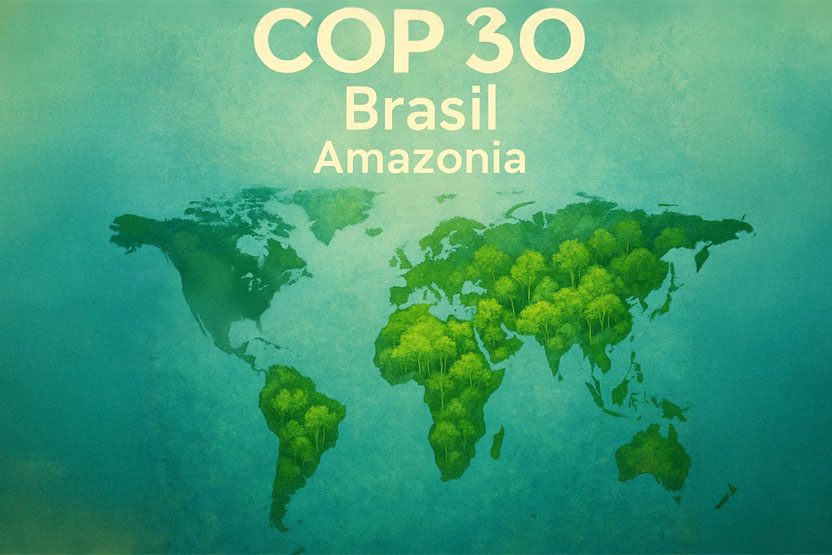
As the world prepares for a decisive gathering on the planet’s future, the White House has confirmed that no senior U.S. officials will attend the COP30 climate conference in Belém, Brazil. The decision, shared exclusively with Reuters, underscores Washington’s growing detachment from international climate efforts at a time when most nations are seeking to accelerate the green transition.
Brazil will host a high-level leaders’ summit next week, followed by two weeks of UN climate negotiations in the heart of the Amazon. For many observers, the U.S. absence reflects a deliberate political signal: a clear intent to withdraw from multilateral climate mechanisms and redefine America’s role in global environmental governance.
Relief and Concern Among Global Delegations
Diplomatic sources cited by Reuters describe a mix of relief and apprehension among international delegations. On one hand, some nations are relieved that Washington will not actively obstruct negotiations; on the other, many fear that America’s absence will weaken global momentum at a moment of mounting energy, economic, and humanitarian crises.
The move continues President Donald Trump’s anti-climate agenda, marked by his repeated denials of global warming and efforts to dismantle previous environmental policies. Speaking at last month’s UN General Assembly, Trump dismissed climate change as “the world’s greatest con job,” accusing governments of “sacrificing prosperity for fake green policies.”
Diplomatic Tensions Over Global Climate Policy
The decision follows a recent diplomatic standoff at the International Maritime Organization (IMO), where Washington reportedly threatened visa restrictions and economic sanctions against countries supporting a UN plan to reduce greenhouse gas emissions from international shipping.
Under U.S. pressure, a majority of IMO member states voted to delay by one year a global decision on carbon pricing for maritime freight — a move widely criticized by environmental groups as an act of obstructionism. For many analysts, this reflects the Trump administration’s consistent strategy of undermining multilateral efforts to regulate climate impacts, particularly in sectors dominated by fossil fuel interests.
Experts warn that this diplomatic boycott risks further isolating the United States from the international climate community. By skipping COP30, Washington forfeits a crucial opportunity to shape global decarbonization strategies and concedes influence to powers like China and the European Union, which continue to drive forward international climate governance.
According to Mariana Almeida, a climate policy researcher at the University of São Paulo, “The U.S. absence in Belém sends a disastrous message: that a superpower is abandoning its moral and political responsibility in the face of an existential threat. In a region as symbolic as the Amazon, this decision will echo as a betrayal of the global environmental cause.”
Widening the Global North–South Divide
Washington’s withdrawal is likely to deepen the divide between industrialized nations and the developing world. Emerging economies — especially in Latin America, Africa, and South Asia — have long accused the wealthier nations of climate hypocrisy, arguing that they impose environmental constraints while continuing to finance fossil fuel projects and block structural reform.
Just days before COP30, expectations are high for Brazil, which hopes to make this summit a landmark event for climate justice and Amazon preservation. Yet without a strong U.S. presence, many negotiators fear the conference will lose its political weight and financial leverage, especially in discussions surrounding funding for climate adaptation in vulnerable countries.


Comment